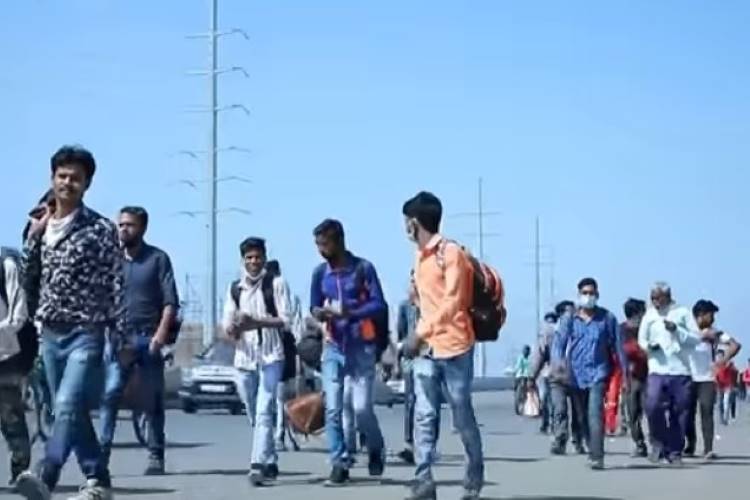
By Meenakshi Rajeev
The global community is facing a crisis of unprecedented scale in the form of the rapid spread of the new coronavirus across the world. This highly contagious disease has forced governments to resort to lockdowns for periods much longer than have ever been witnessed before. During this time of emergency, the health and economic challenges faced by a developing country like India are different in several respects compared with those confronting a developed nation. The plight of lakhs of informal workers and migrant labourers in the country shows the challenges of survival they are facing at this hour.
To address some of these challenges, a Rs 1.7 lakh crore relief package has been announced by finance minister Nirmala Sitharaman on March 26, and it is envisioned to provide some amount of support to the poor. Subsequently, on the following day, Reserve Bank of India Governor Shaktikanta Das has also announced a series of monetary policy measures to help the economy, which is facing a serious health and economic crisis. The RBI has cut the repo rate by 75 basis points and the reverse repo rate by 90 basis points. A moratorium of 3 months on repayment of all outstanding loans is also announced. Additionally, there are also a number of measures to improve liquidity.
READ: Indian economy: There is a compelling case for a massive intervention
READ: Coronavirus and capitalism’s hour of crisis
Undoubtedly, all these measures are in the right direction. However, banks need to respond to these monetary policy changes quickly by making necessary changes at their end. Further, going forward, these changes in monetary policies may not be sufficient to adequately address the massive challenges that we are facing today. For example, people may face difficulties if they have to pay EMIs with interest after the end of 3 months of moratorium.
The considerably large fiscal expenses that the country will see in the days to come also need to be financed. Thus, these measures that have been announced by the RBI are only a first step. As the situation unfolds, we would need frequent assessment and appropriate intervention from the two major institutions, that is the finance ministry and the RBI to address the economic and health challenges posed by the Covid-19 outbreak.
(Dr Meenakshi Rajeev is RBI Chair professor, Centre for Economic Studies and Policy and managing editor, Journal of Social and Economic Development, Springer)

